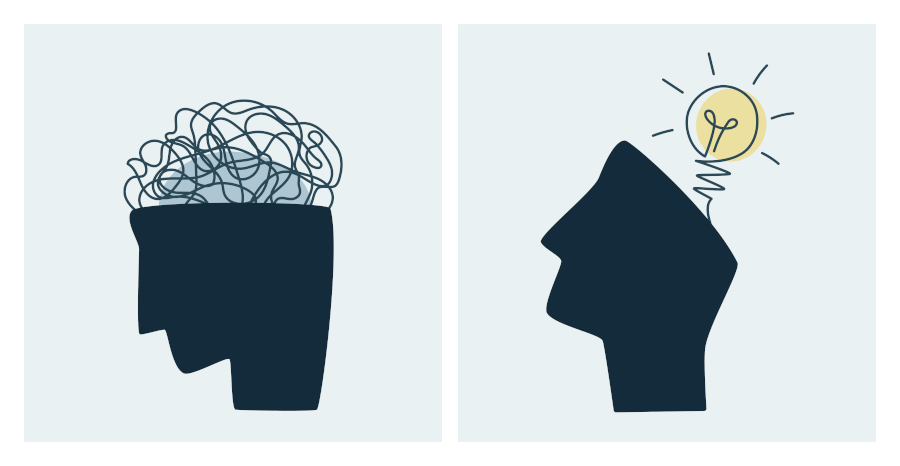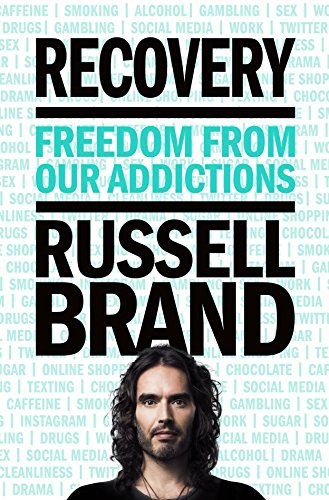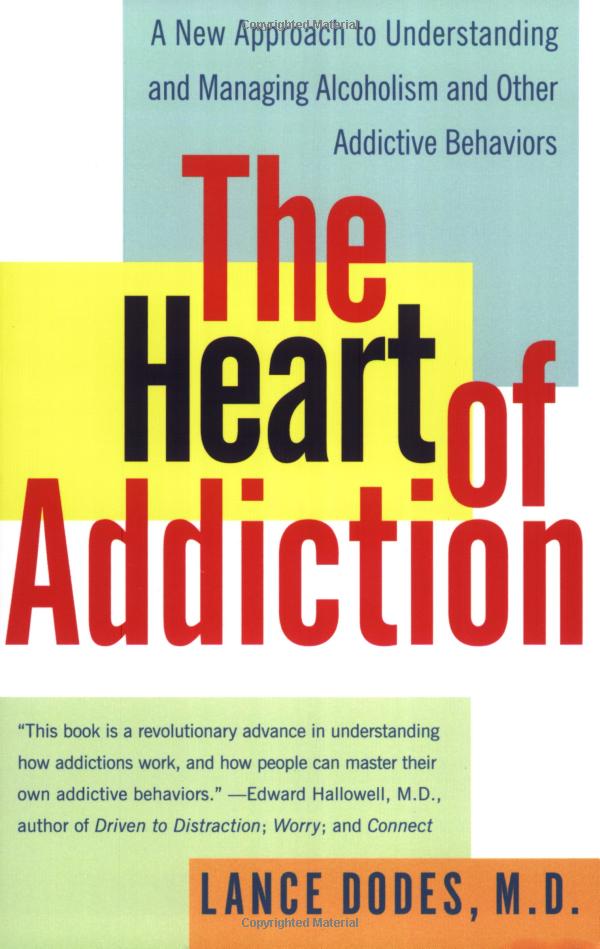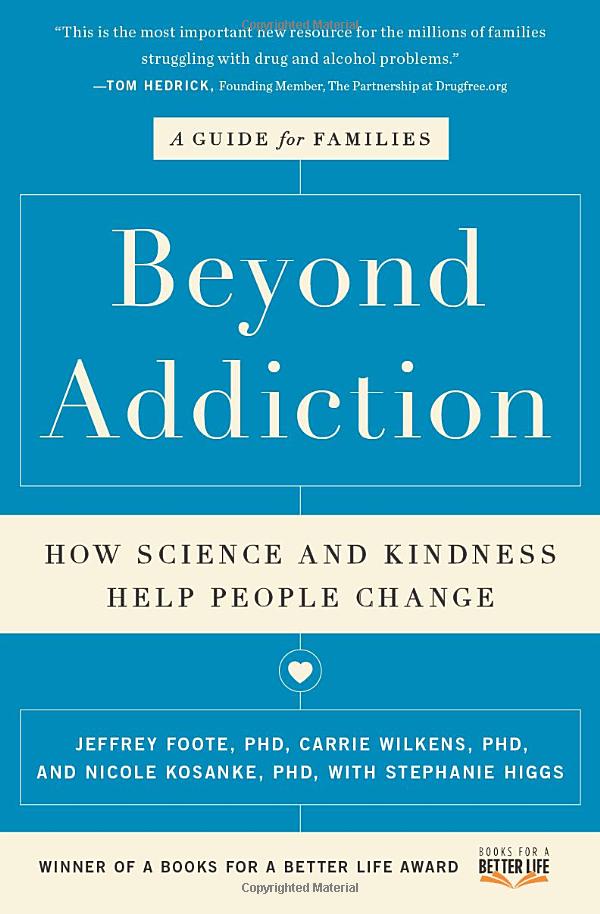Addiction to drugs and alcohol is a unique experience for every individual, as is the road to recovery. A patient’s uniqueness and specific needs cannot be met by a cookie-cutter approach to treating addiction. At an inpatient drug rehabilitation centre, patients can take advantage of the full breadth of services thanks to a comprehensive, interdisciplinary approach to addiction treatment. Treatment for addiction typically involves the participation of a multidisciplinary team in providing care and services. This indicates that a large number of different types of professionals collaborate towards the achievement of a common objective. In many cases, a physiatrist serves in the role of team leader. In both treatment and education, the contributions of other specialists are critically important.
Many different strategies exist to help someone who is healing. No matter how long one has struggled with addiction, the process of recovery is taxing. This is especially true when mental health issues are present. Each patient requires individualised care that takes into account their unique mental, physical, and spiritual needs in order to fully recover. Personal attention ensures a long, healthy recovery that strengthens day by day. Individuals receiving care from a team of specialists need a comprehensive treatment plan that includes everything from initial evaluation to follow-up services. Learn about the efficacy of the multidisciplinary approach and the factors that can inspire recovery.
Millions of people all over the world struggle with the complexities and difficulties of addiction. Although there is no one surefire method for treating addiction, a combination of methods has shown promising results. In this article, we’ll examine what multidisciplinary addiction treatment is and how it can benefit people with addiction.
Comprehensive care for those struggling with addiction requires a team approach, and this is where multidisciplinary addiction treatment comes in. Professionals with expertise in addiction treatment such as psychiatrists, psychologists, nurses, social workers, and others make up this team. Incorporating the knowledge and expertise of the whole team into patient care ensures a more comprehensive and individualised strategy.
The first step of the multidisciplinary team’s process is a comprehensive assessment of the patient’s requirements. An individual’s physical and mental health, as well as any socio-environmental or behavioural factors, are considered in this assessment. The next step is for the team to formulate a treatment strategy unique to the patient that takes into account his or her unique condition, history, and desired outcomes.
Medication, talk therapy, support groups, and other interventions can all be part of an individualised treatment plan. A person with a dual diagnosis may receive treatment for both their addiction and mental health issues simultaneously.
One of the main advantages of a multidisciplinary approach to addiction treatment is the possibility for regular assessment and, if necessary, modification of the treatment regimen. In order to achieve the best possible outcome, the team can track the patient’s development throughout treatment and make any necessary adjustments to the treatment plan.
One advantage of a multidisciplinary approach to addiction treatment is that it can effectively treat the disease of addiction rather than just its symptoms. People have a better chance at long-term sobriety and enhanced quality of life when they receive treatment that takes into account the biological, psychological, and social aspects of their addiction.
Overall, multidisciplinary addiction treatment is the best option because it takes into account the multifaceted nature of addiction and the specific requirements of each patient. This method integrates the skills and knowledge of a wide range of healthcare providers to give patients the best chance at a full recovery and enhanced quality of life. Consider enrolling in a multidisciplinary addiction treatment programme if you or a loved one is struggling with substance abuse.
Because substance abuse affects so many facets of one’s existence, getting sober requires the support of a team of professionals from various fields. Due to the holistic nature of this approach, you will be able to treat and triumph over a wide range of issues, not just substance abuse. The holistic approach to addiction treatment takes into account the many underlying causes of drug and alcohol abuse and helps patients learn to avoid relapse. You can better prepare yourself to deal with the challenges and opportunities of life after recovery by learning more about the psychological, cultural, and medical factors that contribute to addiction.













